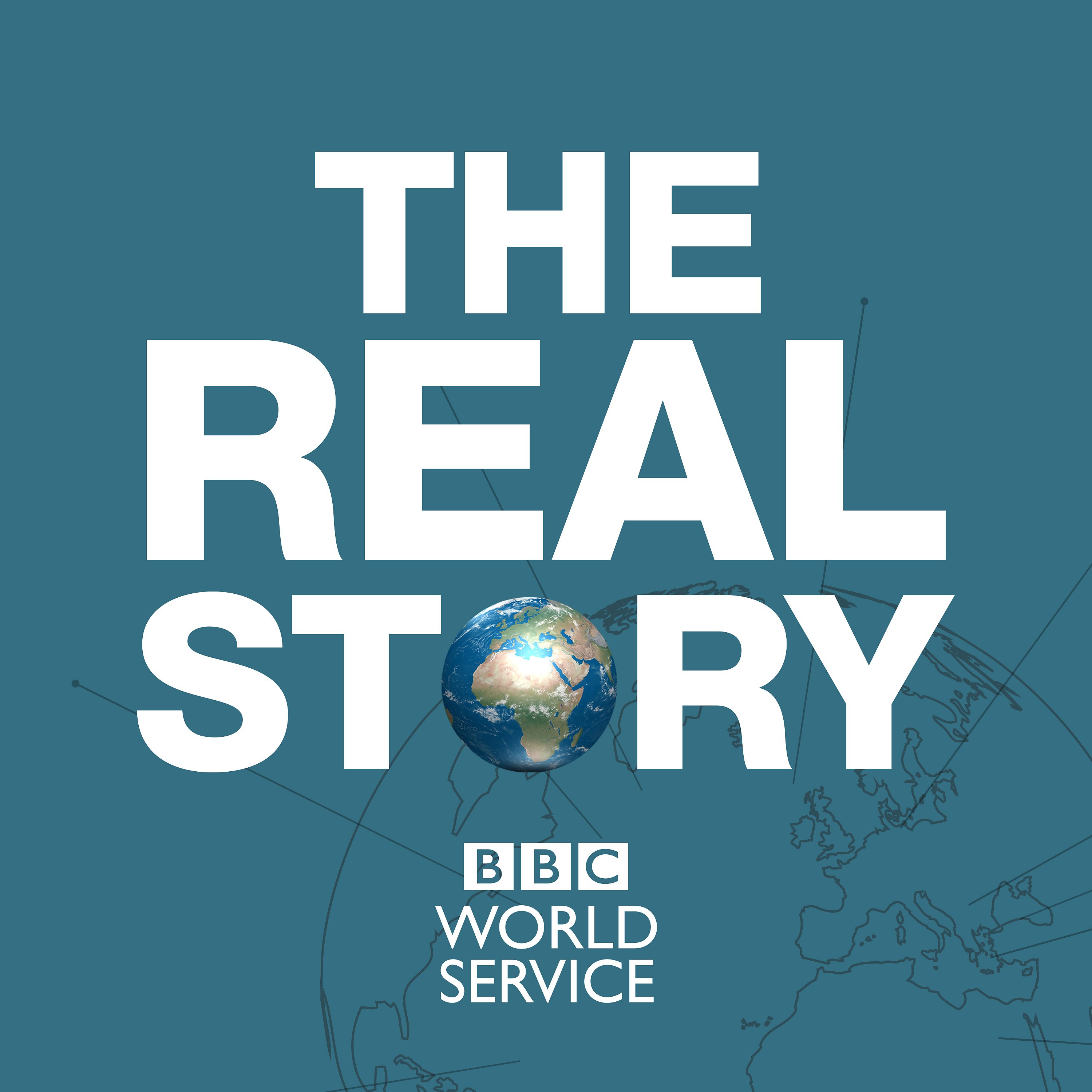
How should the world engage with the Taliban?

The Real Story
Shownotes Transcript
Two years ago the Taliban swept into Kabul and took control of Afghanistan, almost exactly twenty years after they were ousted by the US-led invasion after 9/11. The West has since deployed sanctions to put pressure on the regime - but to no visible effect, beyond worsening the number of people struggling to afford to eat.
As the Taliban have consolidated their control of the country, they have dramatically reversed many of the rights and opportunities Afghan women have enjoyed. Can the world engage with the Taliban while also keeping up the pressure on it to reverse what the UN calls its “gender apartheid”?
Is isolation the way to convince a group which craves global recognition that its attitude to women is costing Afghanistan dearly?
Shaun Ley is joined by:
Michael Keating, Executive Director at the European Institute of Peace, a conflict resolution organisation based in Brussels that works with the European Union and civil society. He is the former UN deputy envoy and humanitarian coordinator for Afghanistan.
Orzala Nemat, Afghan scholar and Research Associate at SOAS University, and the former director of the Afghanistan Research and Evaluation Unit (AREU), a think tank in Afghanistan
Sahar Fetrat, researcher in the Women’s Rights Division at Human Rights Watch.
Also featuring:
BBC Chief International Correspondent Lyse Doucet
Taliban spokesman Zabihullah Mujahid
Produced by Alba Morgade and Neggeen Sadid.
(Photo: Taliban celebrate second anniversary of taking over Afghanistan, Kandahar, Afghanistan- 15 August 2023. Credit: EPA).